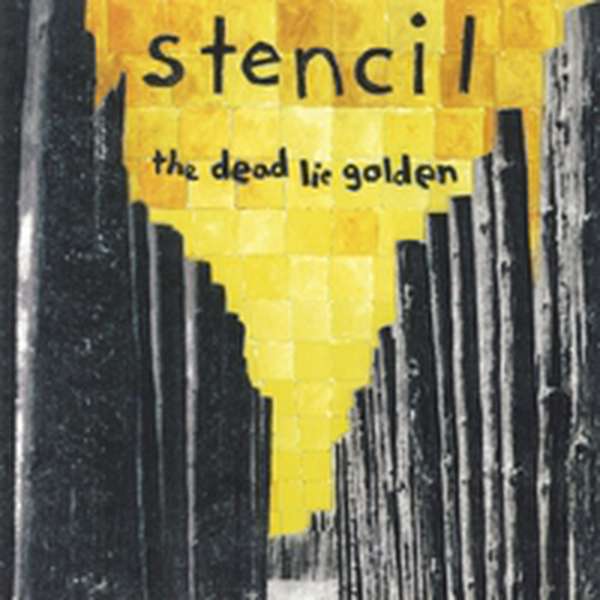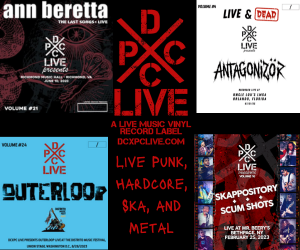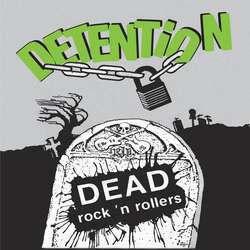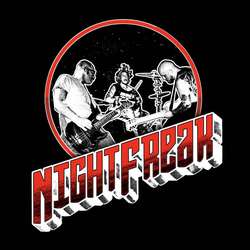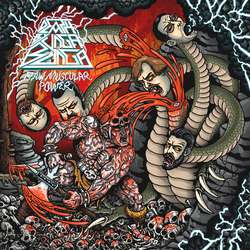Hailing from Seattle, Stencil comes with their debut album The Dead Lie Golden. They have touted themselves as an orchestral indie band which draws stylistically from established artists such as Elliott Smith, Sufjan Stevens, and Neutral Milk Hotel. Really now, if your band could successfully draw from all those artists, your band would be a musical juggernaut, maybe even revolutionary at best.
Unfortunately, none of these connections bear fruit on The Dead Lie Golden. As a whole, the album lacks the subtle pain of Elliott Smith's lyrics, forgoes the captivating melodies and structures of Sufjan Stevens, and is nowhere near the up-beat pop charm of Neutral Milk Hotel.
In fact, I felt that the album was devoid of any original or, at the least, interesting melodies. Don't get me wrong, the music sounds good, but it's far from exciting or note-worthy. It fails to stand out amongst the countless other indie rock bands that have been popping up in the past several years. Kudos to Stencil for using a variety of instruments on the album (strings, bass, and piano), but none of these are utilized in creative or non-standard ways.
Many of the songs come in a predictable formula of 4/4 time with guitar melodies accompanied by strings and brass to the same repetitive effect. Vocalist and guitarist Jared Fiechtner sings like a badly nasal Mark Kozelek with very little presence. Look no further than the ballad "Transience" as an example of mediocre singing with a serious need for enunciation. Like Fiechtner's voice, the album feels over-produced for sound quality and professionalism in lieu of energy or passion.
Still, Stencil has some redeeming moments on the album, like "The Prize" which could probably pass for light rock with a bluegrass-tinge. Sadly, it doesn't say much for the orchestral sound they aim for. Also, the songs "Trials" and "1991 1997 2012" are great diamonds in the rough. The driving instrumentals of these songs bring Stencil a little closer to the orchestral feeling they were shooting for. Unlike the majority of the forgettable songs on the album, these songs capture a darker feeling and are promising of a much more powerful sound that Stencil is potentially capable of. Long story short, Stencil needs a better grasp of build-ups and dynamics to erase the ho-hum muddy feeling of the album.
For lack of a better word, a little more "rawness" and creative music structures could have saved this album from being a step up from retail store music. Luckily, they're more ambitious than that so don't count them out forever.
